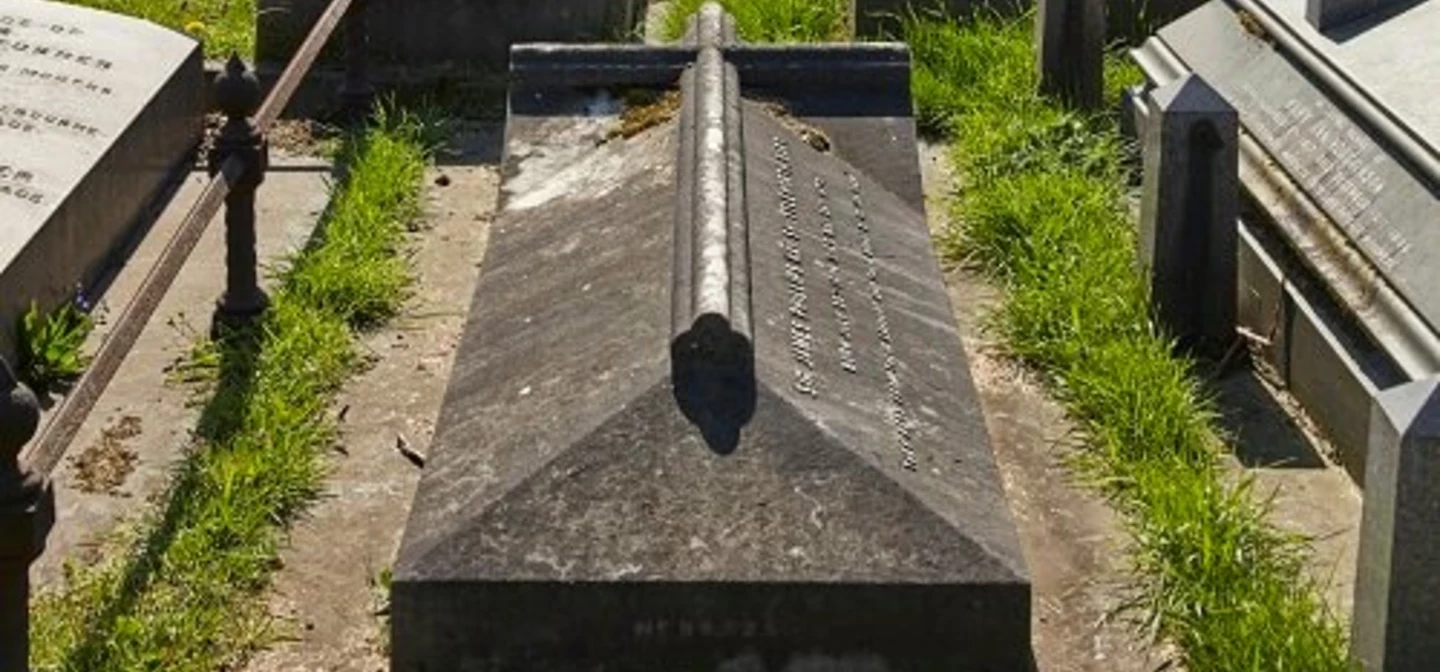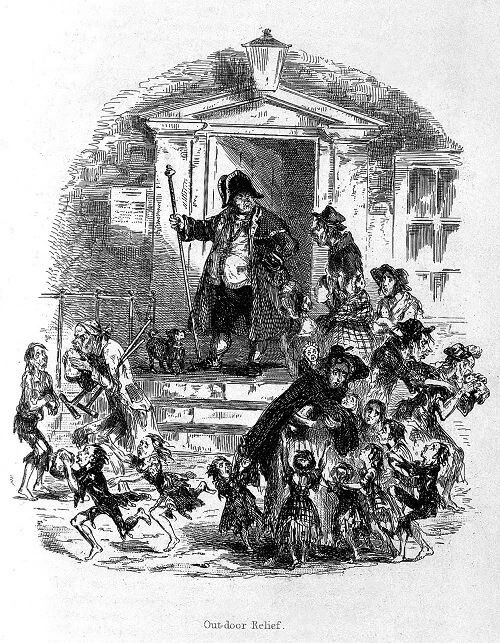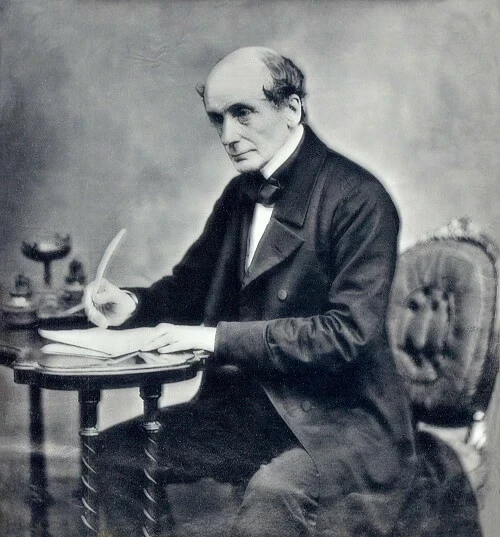
Sir James Kay-Shuttleworth (1804-1877)
Public health pioneer who also shaped today’s national education system.
Founder of the first teacher training college
James was dedicated to improving the lives of the poor. He founded England’s first teacher training college, and shaped the national school education system we use today.

The workhouse system
Born in Rochdale, James studied medicine in Edinburgh then settled in Manchester. He studied workers’ conditions and home lives in industrial Lancashire, including at Manchester’s cotton factories. As a result of his work, he was appointed as an Assistant Poor Law Commissioner – overseeing the administration of relief to the poor – in East Anglia and then in London.
James’s experiences with the workhouse system convinced him that education was the best way to lift the poorest children out of poverty. In 1839 he was appointed first secretary of the committee administering the government grant for public education in Britain, and was determined to put his ideas in place.

Education reforms
For nine years in post, James continued to argue for education reforms, and used his power as a civil servant to force through new regulations for improving schools and teaching practices. Importantly, he also established Battersea College in 1840, the first and most influential teacher training college, which he and his colleague Edward Carleton Tufnell initially supported privately.
Together, these actions set the pattern for today’s public education system.
